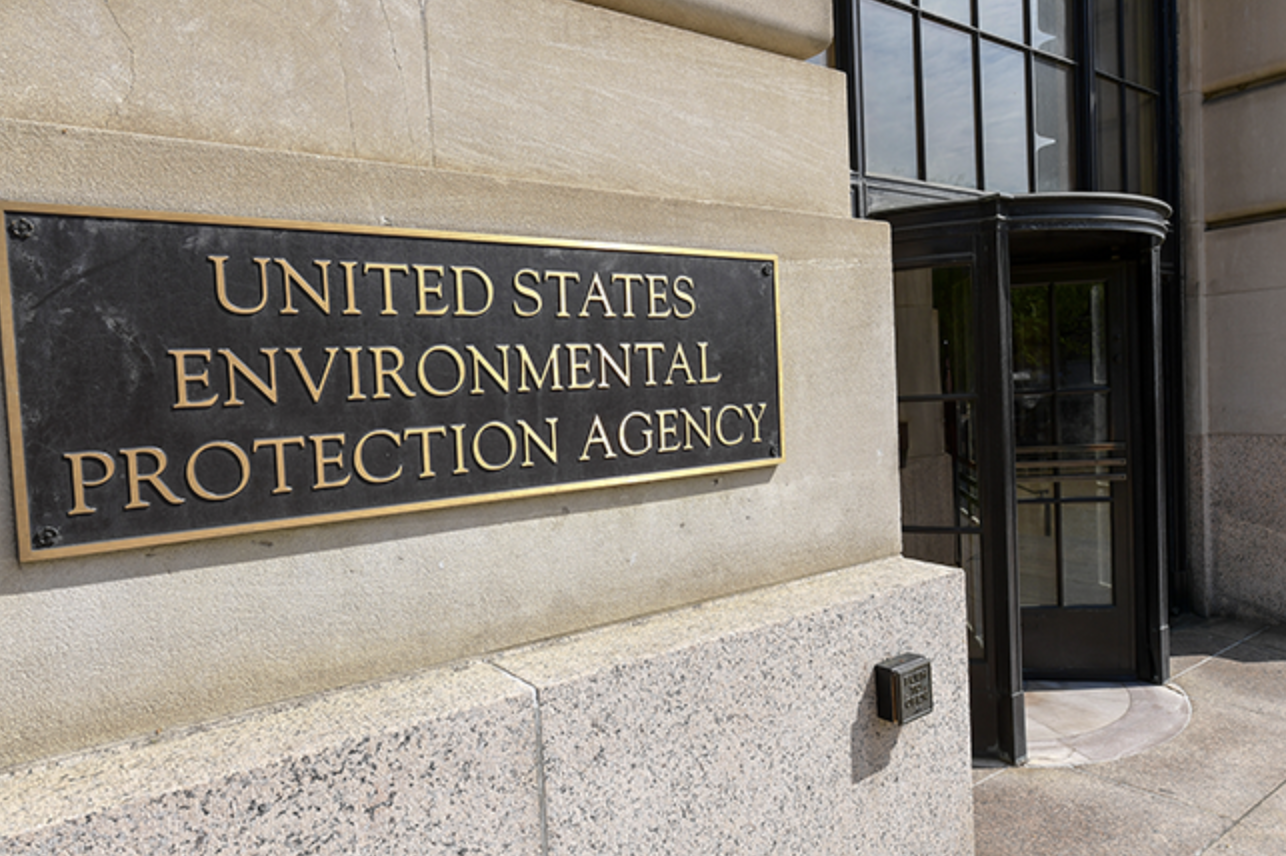
- Details
- By Tribal Business New Staff
The U.S. Environmental Protection Agency (EPA) has opened a $40 million grant opportunity for recycling infrastructure projects for Tribes and intertribal groups.
The grant marks the third funding opportunity made available by the new Solid Waste Infrastructure for Recycling (SWIFR) grant program, which is funded by the 2021 Bipartisan Infrastructure Law that includes $375 million in funding for new recycling, reuse, and waste prevention programs and initiatives.
Want more Native News? Get the free daily newsletter today.
The latest SWIFR grant opportunity is specifically for federally recognized Tribes, Alaskan Native Villages, and intertribal consortia. The grant will fund selected projects to create new capacity for Tribes and increase access to source reduction, recycling and composting opportunities. Projects may include developing or updating plans focused on improving post-consumer materials management, planning and construction of facilities, purchasing or leasing recycling equipment or supplies, activities focused on increasing collection, and development of end markets for materials.
Waste management is a common issue for Tribal nations. While the EPA delegates authority to states to enforce its solid waste management program under the Resource Conservation and Recovery Act (RCRA), that same authority is not designated to tribes — meaning tribes are on their own to develop and enforce safe waste management processes.
Want more Native News? Get the free daily newsletter today.
According to an EPA report titled “Tribal-Decision Makers Guide to Solid Waste Management,” in the past, many tribes used open dump sites and burn pits to dispose of solid waste, resulting in contamination as chemicals and plastics ran off into waterways and leached into soil.
“EPA is committed to working collaboratively with Tribal Nations to protect public health and the environment in Indian country,” Administrator Michael S. Regan said in a statement. “We know that our work is strongest and most effective when it’s informed by people’s lived experiences, and we are grateful for the strong participation from Tribes during our outreach.
“Our priority is helping Tribal Nations improve their recycling efforts, which is critical given that half of all greenhouse gas emissions come from the creation and production of materials. And, while we have made great strides over time, we can do much more to improve the state of recycling and protect our planet for all.”
The EPA is seeking projects that address environmental justice concerns, such as the disproportionate and adverse health, environmental, economic, and climate-related impacts that affect Tribal and Indigenous populations.
Applications are due by April 4, 2023, via grants.gov.
Help us defend tribal sovereignty.
At Native News Online, our mission is rooted in telling the stories that strengthen sovereignty and uplift Indigenous voices — not just at year’s end, but every single day.
Because of your generosity last year, we were able to keep our reporters on the ground in tribal communities, at national gatherings and in the halls of Congress — covering the issues that matter most to Indian Country: sovereignty, culture, education, health and economic opportunity.
That support sustained us through a tough year in 2025. Now, as we look to the year ahead, we need your help right now to ensure warrior journalism remains strong — reporting that defends tribal sovereignty, amplifies Native truth, and holds power accountable.
 The stakes couldn't be higher. Your support keeps Native voices heard, Native stories told and Native sovereignty defended.
The stakes couldn't be higher. Your support keeps Native voices heard, Native stories told and Native sovereignty defended.
Stand with Warrior Journalism today.
Levi Rickert (Potawatomi), Editor & Publisher
